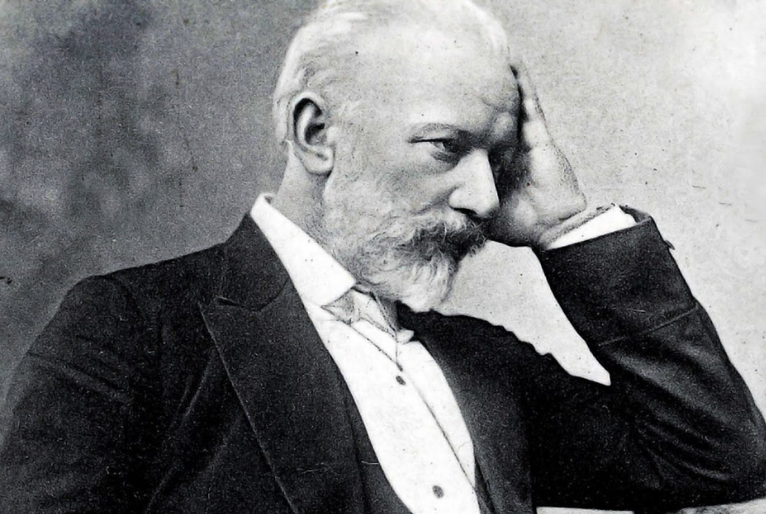Pyotr Ilyich Tchaikovsky, one of the most celebrated composers in the history of classical music, left an indelible mark on the world of music with his timeless compositions. Born on May 7, 1840, in Votkinsk, Russia, and passing away on November 6, 1893, in St. Petersburg, Tchaikovsky’s life and work continue to captivate audiences around the world. Here are ten fascinating facts about this musical genius:
- Early Beginnings: Tchaikovsky displayed musical talent from a young age. He began taking piano lessons at the age of five, and his remarkable abilities quickly became evident to his family.
- Family Background: His family had a long history of military service, and Tchaikovsky initially followed this path by studying at the Imperial School of Jurisprudence in St. Petersburg. However, his passion for music eventually led him to the Saint Petersburg Conservatory.
- Romeo and Juliet: Tchaikovsky’s overture-fantasy “Romeo and Juliet” is one of his most famous works. It was composed in 1869 and is based on William Shakespeare’s tragic play. This piece showcases Tchaikovsky’s ability to convey intense emotions through music.
- Symphony No. 6: Tchaikovsky’s Symphony No. 6, also known as the “Pathétique,” is considered one of his greatest masterpieces. Its emotional depth and tragic themes have made it a favorite among both musicians and audiences.
- Ballets: Tchaikovsky is perhaps best known for his contributions to the world of ballet. His iconic scores for “Swan Lake,” “The Nutcracker,” and “The Sleeping Beauty” have become cornerstones of classical ballet repertoire.
- Tchaikovsky’s Personal Life: Tchaikovsky’s personal life was often marked by turmoil, including a brief, ill-fated marriage. His struggles with his sexuality and the societal norms of the time are the subject of much speculation and debate among biographers.
- The Nutcracker: Tchaikovsky’s “The Nutcracker” was initially met with mixed reviews when it premiered in 1892. However, it has since become one of the most performed and beloved ballets in the world, particularly during the holiday season.
- Patronage of Nadezhda von Meck: Tchaikovsky had a unique and influential benefactor in the form of Nadezhda von Meck. She provided him with financial support for several years, allowing him to focus on his compositions and alleviating some of his financial worries.
- International Recognition: Tchaikovsky’s music gained international recognition and acclaim during his lifetime. His tours to Europe and the United States were met with enthusiasm, solidifying his status as a leading composer of the late Romantic era.
- Legacy: Tchaikovsky’s music continues to resonate with audiences of all ages. His melodies are instantly recognizable, and his compositions are regularly performed by orchestras and ballet companies worldwide. His influence on Russian classical music is immeasurable, and his work remains a source of inspiration for countless composers and musicians.


Comments are closed